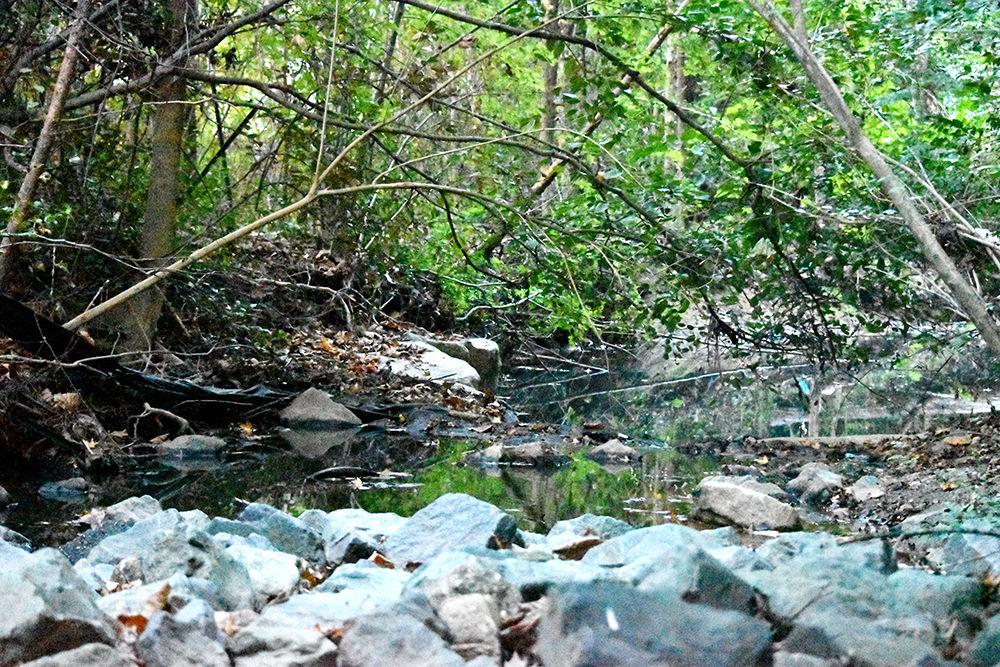NC State’s Environmental Health and Safety (EHS) office is urging students to reduce their negative impact on the environment, specifically on campus stormwater like Rocky Branch Creek, which has suffered high rates of pollution due to students’ improper disposal of trash.
Although contamination of the Rocky Branch Creek would not directly affect NC State’s water — most of which comes from Falls Lake, north of Raleigh — it would still contaminate the Neuse River Watershed, which is used by Raleigh residents south of NC State.
Karyn Green, environmental specialist at EHS, talked about some of the ways in which students can help protect the stormwater.
“Even though there are several recycling and trash cans around campus, there is still a lot of trash in and around the creek,” Green said. “If you are a student, one way you can help is to get involved in one of the environmental groups on campus, where students can take part in ‘adopt a stream’ programs through the City of Raleigh.”
Additionally, Green said Rocky Branch Creek flows behind the tennis courts at Carmichael Gym, so many tennis balls are found in the stream. She encourages students to try to keep the balls on the court.
Bruce Stewart, hazardous waste specialist at EHS, discussed how students can properly dispose of chemicals on campus.
“The university has an online computer program that, when it is time to dispose of waste, you log onto it and fill out a waste pickup form,” Stewart said. “There is a set schedule of when we pick up the waste. On Tuesdays, waste is picked up from Centennial Campus. On Wednesdays, we do the western part of the campus, and on Thursdays and Fridays we do main campus.”
Elizabeth Francis, a third-year studying environmental science and intern at EHS, discussed other ways to diminish students’ negative impact on the environment.
“Cars are a huge contributor to chemical pollution,” Francis said. “It is important that we make sure that cars are well-maintained, that they are not leaking any oils or fluids that can runoff into streams. Another way to help is to have car washes on grass. Often times car washes held on cement or asphalt result in chemicals flowing into storm drains. If they are held on grass, though, then the car wash chemicals are absorbed in the ground.”
Francis expressed the importance of being respectful and conscious of nature and our surroundings.
“Being more mindful and keeping yourself more aware of what is going on in the environment can go a long way,” Francis said.








